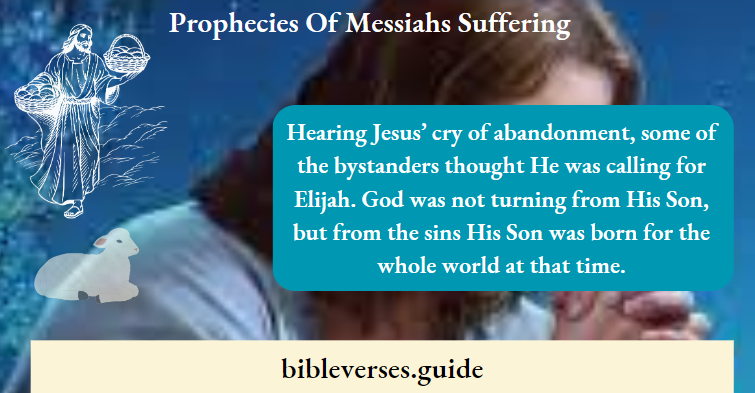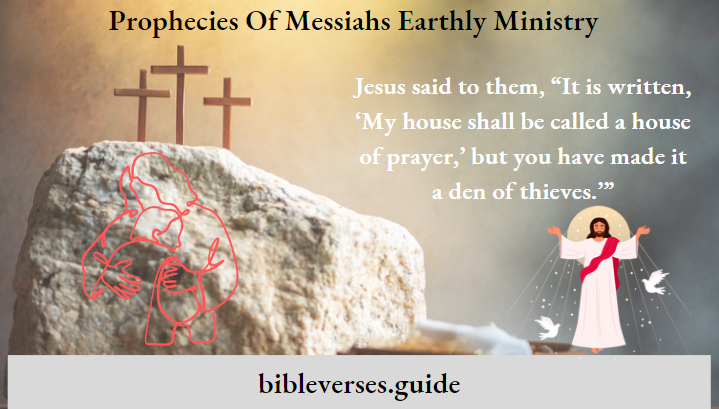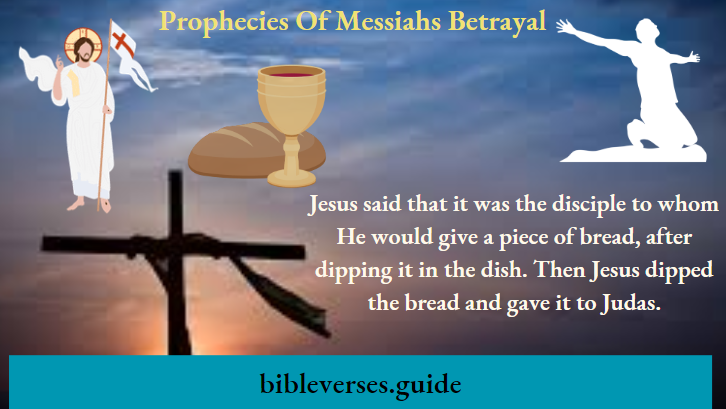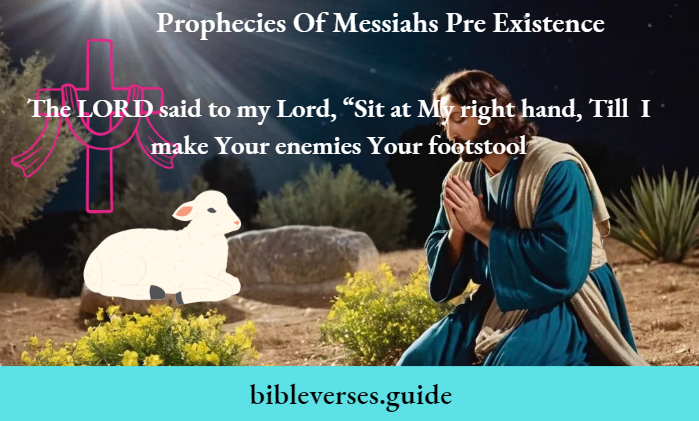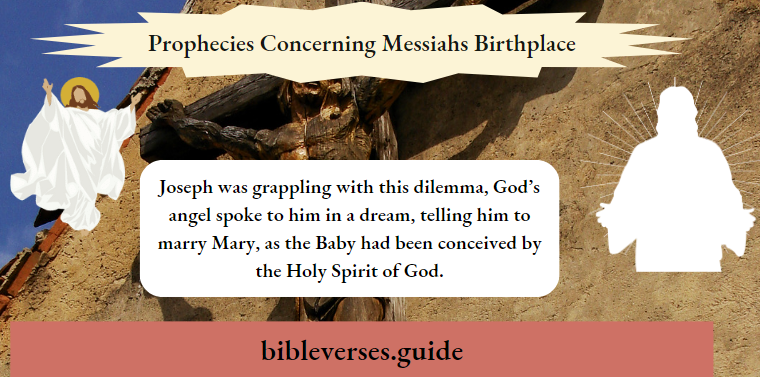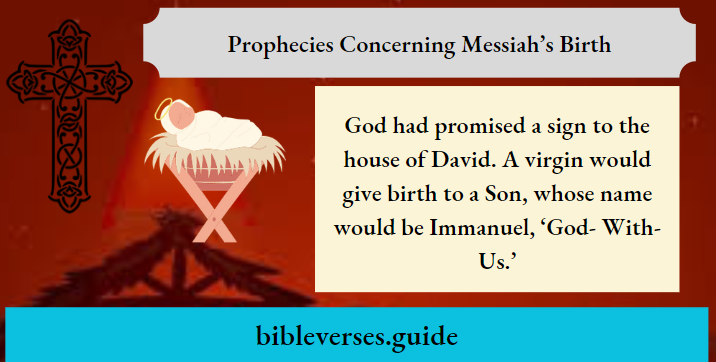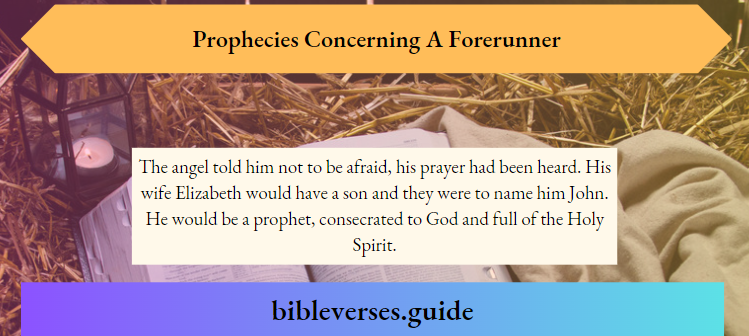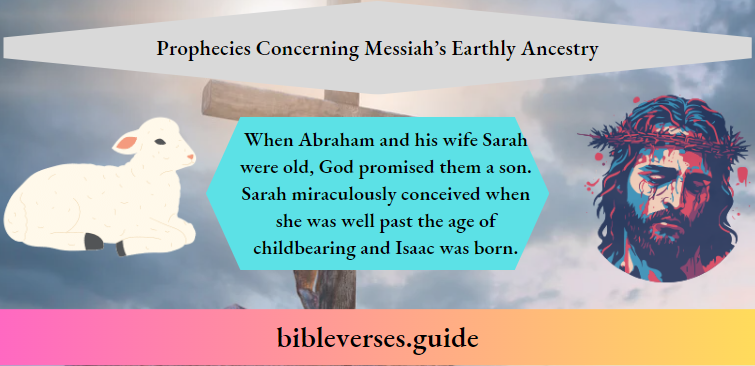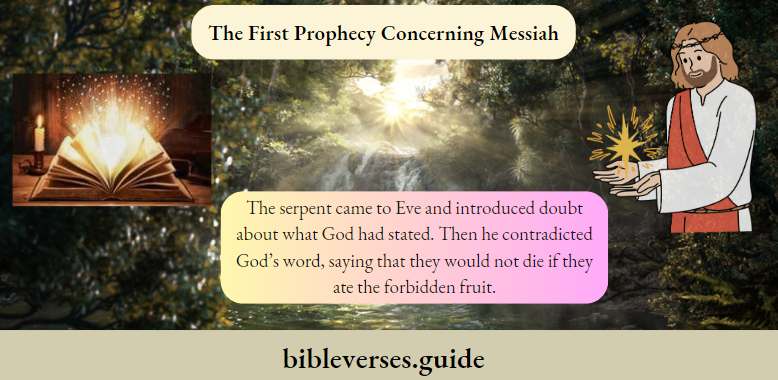The Word Of Forgiveness
Then said Jesus, Father, forgive them; for they know not what they do. Luke 23:34
The man had done his worst. The One by whom the world was made had come into it, but the world knew Him not. The Lord of Glory had tabernacled among men, but He was not wanted. The eyes that sin had blinded saw in Him no beauty that He should be desired.
At His birth, there was no room in the inn, which foreshadowed the treatment He was to receive at the hands of men. Shortly after His birth, Herod sought to slay Him.
And this intimated the hostility His person evoked and forecast the Cross as the climax of man’s enmity. Again and again, His enemies attempted His destruction. And now their vile desires are granted them.
The Son of God had yielded Him¬ self up into their hands. A mock trial had been gone through, and though His judges found no fault in Him, nevertheless, they had yielded to the insistent clamoring of those who hated Him as they cried again and again, “Crucify him.”
Read and Learn More Seven Sayings of the Savior on the Cross
The fell deed had been done. No ordinary death would suffice His implacable foes. A death of intense suffering and shame was decided upon. A cross had been secured; the Saviour had been nailed to it.
And there He hangs —silent. But presently His pallid lips are seen to move—Is He crying for pity? No. What then? Is He pronouncing malediction upon His crucifiers? No.
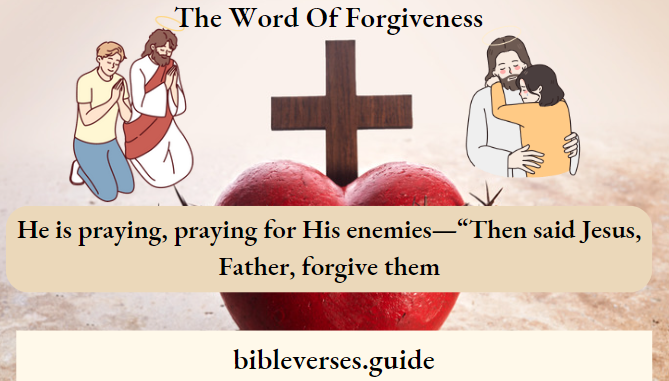
For they know not what they do” (Luke 23:34).
This first of the seven cross sayings of our Lord presents Him in the attitude of prayer. How significant! How instructive! His, public ministry had opened with prayer (Luke 3:21), and here we see it closing in prayer.
Surely He has left us an example! No longer might those hands minister to the sick, for they are nailed to the Cross; no longer may those feet carry Him on errands of mercy.
For they are fastened to the cruel Tree; no longer may He engage in instructing the apostles, for they have forsaken Him and fled —how then does He occupy Himself? In the Ministry of Prayer! What a lesson for us.
Perhaps these lines may be read by some who because of age and sickness are no longer able to work actively in the Lord’s vineyard. Possibly in days gone by, you were a teacher, you were a preacher, a Sunday school teacher, a tract distributor; but now you are bedridden.
Yes, but you are still here on earth! Who knows but God is leaving you here a few more days to engage in the Ministry of Prayer—and perhaps accomplish more by this than by all your past active service.
If you are tempted to disparage such a ministry, remember your Saviour. He prayed, prayed for others, prayed for sinners, even in His last hours.
In praying for His enemies, not only did Christ set before us a perfect example of how we should treat those who are wrong and hate us, but He also taught us never to regard any as beyond the reach of prayer.
If Christ prayed for His murderers, then surely we have encouragement to pray now for the very chief of sinners! Christian reader, never loses hope.
Does it seem a waste of time for you to continue praying for that man, that woman, that wayward child of yours? Does their case seem to become more hopeless every day? Does it look as though they had gotten beyond the reach of Divine mercy? Perhaps that one you have prayed for so long has been ensnared by one of the Satanic cults of the day, or he may now be an avowed and blatant infidel, in a word, an open enemy of Christ.
Remember then the Cross. Christ prayed for His enemies. Learn, then, not to look at any as beyond the reach of prayer.
One other thought concerning this prayer of Christ. We are shown here the efficacy of prayer. This cross intercession of Christ for His enemies met with a marked and definite answer.
The answer is seen in the conversion of the three thousand souls on the Day of Pentecost. I base this conclusion on Acts 3:17 where the apostle Peter says, “And now, brethren, I wot that through ignorance ye did it, as did also your rulers.”
It is to be noted that Peter uses the word “ignorance,” which corresponds with our Lord’s “they know not what they do.” Here, then, is the divine explanation of the three thousand converted under a single sermon. It was not Peter’s eloquence that was the cause but the Saviour’s prayer.
And, Christian readers, the same is true of us. Christ prayed for you and me long before we believed in Him. Turn to John 17:20 for proof. “Neither pray I for these [the apostles] alone, but for them also which shall believe on me through their word” (John 17:20, emphasis added).
Once more let us profit from the perfect Exemplar. Let us too make intercession for the enemies of God, and if we pray in faith, we also shall pray effectively for the salvation of lost sinners.
To come now directly to our text: “Then said Jesus, Father, forgive them; for they know not what they do.”
1. Here we see the fulfillment of the prophetic word.
How much God made known beforehand of what should transpire on that day of days! What a complete picture the Holy Spirit furnishes of our Lord’s passion with all the attendant circumstances! Among other things, it had been foretold that the Saviour should make “intercession for the transgressors” (Isa. 53:12).
This did not have reference to the present ministry of Christ at God’s right hand. It is true that “he is able also to save them to the uttermost that come unto God by him, seeing he ever liveth to make intercession for them” (Heb. 7:25).
But this speaks of what He is doing now for those who have believed in Him, whereas Isaiah 53:12 had reference to His gracious act at the time of His crucifixion.
Observe what His intercession for the transgressors is there linked with—“And he was numbered with the transgressors, and he bare the sip of many, and made intercession for the transgressors.”
That Christ should make intercession for His enemies was one of the items of the wonderful prophecy found in Isaiah 53. This chapter tells us at least ten things about the humiliation and suffering of the Redeemer.
It declared that He should be despised and rejected of men; that He should be a man of sorrows and acquainted with grief; that He should be wounded, bruised, and chastised; that He should be led, unresistingly, to slaughter.
He should be dumb before His shearers; that He should not only suffer at the hands of man but also be bruised by the Lord; that He should pour out His soul unto death.
He should be buried in a rich man’s tomb; and then it was added, that He would be numbered with transgressors; and finally, that He should make intercession for the transgressors.
Here then was the prophecy—“and made intercession for the transgressors”; there was the fulfillment of it—“Father, forgive them; for they know not what they do.”
He thought of His murderers; He pleaded for His crucifiers; He made intercession for their forgiveness. “Then said Jesus, Father, forgive them; for they know not what they do.”
2. Here we see Christ identified with His people.
“Father, forgive them.” On no previous occasion did Christ make such a request of the Father. Never before had He involved the Father’s forgiveness of others. Hitherto He forgave Himself.
To the man sick of the palsy, He had said, “Son, be of good cheer; thy sins be forgiven thee” (Matt. 9:2). To the woman who washed His feet with her tears in the house of Simon, He said, “Thy sins are forgiven” (Luke 7:48).
Why, then, should He now ask the Father to forgive, instead of directly pronouncing forgiveness Himself?
Forgiveness of sin is a Divine prerogative. The Jewish scribes were right when they reasoned “Who can forgive sins but God only?” (Mark 2:7). But you say, Christ was God. Truly, but Man also —the God-man.
He was the Son of God who had become the Son of Man with the express purpose of offering Himself as a Sacrifice for sin. And when the Lord Jesus cried “Father, forgive them,” He was on the Cross, and there He might not exercise His divine prerogatives.
Mark carefully His own words, and then behold the marvelous accuracy of Scripture. He had said, “The Son of man hath power on earth to forgive sins” (Matt. 9:6, emphasis added).
But He was no longer on earth! He had been “lifted from the earth” (John 12:32, emphasis added). Moreover, on the Cross He was acting as our substitute: the just was about to die for the unjust.
Hence it was that hanging there as our representative, He was no longer in the place of authority where He might exercise His divine prerogatives, therefore taking the position of a suppliant before the Father.
Thus we say that when the blessed Lord Jesus cried, “Father, forgive them,” we see Him identified with His people. No longer was He in the position “on earth” where He had the “power” or “right” to forgive sins; instead.
He intercedes for sinners —as we must. “Then said Jesus, Father, forgive them; for they know not what they do.”
3. Here we see the divine estimate of sin and its consequent guilt.
Under the Levitical economy, God required that atonement should be made for sins of ignorance. “If a soul commits a trespass, and sin through ignorance, in the holy things of the LORD.
Then he shall bring for his trespass unto the LORD a ram without blemish out of the flocks, with thy estimation by shekels of silver, after the shekel of the sanctuary, for a trespass offering.
And he shall make amends for the harm that he hath done in the holy thing, and shall add the fifth part thereto, and give it unto, the priest: and the priest shall make an atonement for him with the ram of the trespass offering, and it shall be forgiven him” (Lev. 5:15-16, emphasis added).
And again we read, “And if ye have erred, and not observed all these commandments, which the LORD hath spoken unto Moses, even all that the LORD hath commanded you by the hand of Moses, from the day that the LORD commanded Moses.
And henceforward among your generations; then it shall be, if aught be committed by ignorance without the knowledge of the congregation, that all the congregation shall offer one young bullock for a burnt offering.
For a sweet savor unto the LORD, with his meat offering, and his drink offering, according to the manner, and one kid of the goats for a sin offering.
And the priest shall make an atonement for all the congregation of the children of Israel, and it shall be forgiven them; for it is ignorance: and they shall bring their offering.
A sacrifice made by fire unto the LORD, and their sin offering before the LORD, for their ignorance” (Num. 15:22-25, emphasis added). It is given such Scriptures as these that we find David prayed, “Cleanse thou me from secret faults” (Ps. 19:12, emphasis added).
Sin is always sin in the sight of God, whether we are conscious of it or not. Sins of ignorance need atonement just as truly as do conscious sins. God is Holy, and He will not lower His standard of righteousness to the level of our ignorance.
Ignorance is riot innocence. As a matter of fact, ignorance is more culpable now than it was in the days of Moses. We have no excuse for our ignorance. God has clearly and fully revealed His will.
The Bible is in our hands, and we cannot plead ignorance of its contents except to condemn our laziness. God has spoken, and by His Word, we shall be judged.
And yet the fact remains that we are ignorant of many things, and the fault and blame are ours. And this does not minimize the enormity of our guilt.
Sins of ignorance need divine forgiveness as our Lord’s prayer here plainly shows. Learn, then, how high is God’s standard, how great is our need, and praise Him for atonement of infinite sufficiency, which cleanseth from all sin.
“Then said Jesus, Father, forgive them; for they know not what they do.”
4. Here we see the blindness of the human heart.
“They know not what they do.” This does not mean that the enemies of Christ were ignorant of the fact of His crucifixion. They did know full well that they had cried out “Crucify him.”
They did know full well that their vile request had been granted them by Pilate. They did know full well that He had been nailed to the Tree, for they were eyewitnesses of the crime.
What, then, did our Lord mean when He said, “They know not what they do”? He meant they were ignorant of the enormity of their crime.
They “knew not” that it was the Lord of Glory they were crucifying. The emphasis is not on “they know not” but on “they know not what they do.”
And yet they ought to have known. Their blindness was inexcusable. The Old Testament prophecies that had received their fulfillment in Him were sufficiently plain to identify Him as the Holy One of God.
His teaching was unique, for His very, critics were forced to admit “Never man spake like this man” (John 7:46). And what of His perfect life! He had lived before men a life that had never been lived on earth before.
He pleased not Himself. He went about doing good. He was ever at the disposal of others. There was no self-seeking about Him. His was a life of self-sacrifice from beginning to end.
His was a life ever lived to the glory of God. His was a life on which was stamped Heaven’s approval, for the Father’s voice testified audibly “This is my beloved Son, in whom I am well pleased.
” No, there was no excuse for their ignorance. It only demonstrated the blindness of their hearts. Their rejection of the Son of God bore full witness, once and for all, that the carnal mind is “enmity against God.”
How sad to think this tragedy is still being repeated! Sinner, you little know what you are doing in neglecting God’s great salvation.
You little know how awful the sin of slighting the Christ of God and spurning the invitations of His mercy. You little know the deep guilt that is attached to your act of refusing to receive the only One who can save you from your sins.
You little know how fearful the crime of saying, “We will not have this man to reign over us.” You know not what you do. You regard the vital issue with callous indifference.
The question comes today as it did of old, “What shall I do with Jesus which is called Christ?” for you have to do something with Him: either you despise and reject Him, or you receive Him as the Saviour of your soul and the Lord of your life.
But, I say again, it seems to you a matter of small moment, of little importance, which you do. For years you have resided in the strivings of His Spirit. For years you have shelved the all-important consideration.
For years you have steeled your heart against Him, closed your ears to His appeals, and shut your eyes to His surpassing beauty. Ah! you know not WHAT you do. You are blind to your madness.
Blind to your terrible sin. Yet are you not excuseless? You may be saved now if you will. “Believe in the Lord Jesus Christ, and thou shalt be saved.” O come to the Saviour now and say with one of old, “Lord, that I might receive my sight. ”
“Then said Jesus, Father, forgive them; for they know not what they do.”
5. Here we see a lovely exemplification of His teaching.
In the Sermon on the Mount, our Lord taught His disciples, “Love your enemies, bless them that curse you, do good to them that hate you, and pray for them which despitefully use you, and persecute you” (Matt. 5:44).
Above all others, Christ practiced what He preached. Grace and truth came from Jesus Christ. He not only taught the truth but was Himself the truth incarnate. Said He, “I am the way, the truth, and the life” (John 14:6).
So here on the Cross He perfectly exemplified His teaching of the mount. In all things, He has left us an example.
Notice Christ did not personally forgive His enemies. So in Matthew 5:44, He did not exhort His disciples to forgive their enemies, but He does exhort them to “pray” for them.
But are we not to forgive those who wrong us? This leads us to a point concerning which there is much need for instruction today. Does Scripture teach that under all circumstances we must always forgive? I answer emphatically, that it does not.
The Word of God says, “If thy brother trespass against thee, rebuke him; and if he repent, forgive him. And if he trespasses against thee seven times a day, and seven times in a day turn again to thee, saying, I repent, thou shalt forgive him” (Luke 17:3-4, emphasis added).
Here we are taught that a condition must be met by the offender before we may pronounce forgiveness. The one who has wronged us must first “repent,” that is, judge himself for his wrong and give evidence of his sorrow over it.
But suppose the offender does not repent? Then I am not to forgive him. But let there be no misunderstanding of our meaning here. Even though the one who has wronged me does not repent, nevertheless, I must not harbor ill feelings against him.
There must be no hatred or malice cherished in the heart. Yet, on the other hand, I must not treat the offender as if he had done no wrong. That would be to condone the offense.
And therefore I should fail to uphold the requirements of righteousness, and this the believer is ever to do. Does God ever forgive where there is no repentance? No, for Scripture declares.
“If we confess our sins, he is faithful and just to forgive us our sins, and to cleanse us from all unrighteousness” (1 John 1:9, emphasis added). One thing more.
If one has injured me and repented not, while I cannot forgive him and treat him as though he had not offended, nevertheless, not only must I hold no malice in my heart against him, but I must also pray for him.
Here is the value of Christ’s perfect example. If we cannot forgive, we can pray for God to forgive him. “Then said Jesus, Father, forgive them; for they know not what they do.”
6. Here we see man’s great and primary need.
The first important lesson that all need to learn is that we are sinners, and as such, unfit for the presence of a Holy God.
It is in vain that we select noble ideals, form good resolutions, and adopt excellent rules to live by, until the sin question has been settled.
It is of no avail that we attempt to develop a beautiful character and aim to do that which will meet with God’s approval while there is sin between Him and our souls.
Of what use are shoes if our feet are paralyzed? Of what use are glasses if we are blind? The question of the forgiveness of my sins is basic, fundamental, and vital.
It matters not that I am highly respected by a wide circle of friends if I am yet in my sins.
It matters not that I have made good in business if I am an unpardoned transgressor in the sight of God. What will matter most in the hour of death is, Have my sins been put away by the Blood of Christ?
The second all-important lesson that all need to learn is how forgiveness of sins may be obtained.
What is the ground on which a Holy God will forgive sins? And here it is important to remark that there is a vital difference between divine forgiveness and much of human forgiveness.
As a general rule, human forgiveness is a matter of leniency, often of laxity. We mean forgiveness is shown at the expense of justice and righteousness.
In a human court of law, the judge has to choose between two alternatives: when the one in the dock has been proven guilty, the judge must either enforce the penalty of the law, or he must disregard the requirements of the law—the one is justice.
The other is mercy. The only possible way by which the judge can both enforce the requirements of the law and yet show mercy to its offender is by a third party offering to suffer in his person the penalty that the convicted one deserves.
Thus it was in the divine counsels, that God would not exercise mercy at the expense of justice. God, as the judge of all the earth, would not set aside the demands of His Holy law.
Yet God would show mercy. How? Through one making satisfaction to His outraged law. Through His own Son taking the place of all those who believe in Him and bearing their sins in His own body on the tree.
God could be just and yet merciful, merciful and yet just. Thus it is that “grace reigns through righteousness.”
A righteous ground has been provided on which God can be just and yet the justifier of all who believe. Hence it is what we are told.
“Thus it is written, and thus it behooved Christ to suffer, and to rise from the dead the third day: and that repentance and remission [forgiveness] of sins should be preached in his name among all nations, beginning at Jerusalem” (Luke 24:46-47).
And again, “BeTt known unto you therefore, men and brethren, that through this man has preached unto you the forgiveness of sins: and by him all that believe are justified from all things, from which ye could not be justified by the law of Moses” (Acts 13:38-39).
It was given the blood He was shedding that the Saviour cried, “Father, forgive them.” It was given the atoning sacrifice He was offering, that it can be said, “Without shedding of blood is no remission.”
In praying for the forgiveness of His enemies, Christ struck right down to the root of their need. And their need was the need of every child of Adam. Reader, have your sins been forgiven? that is, remitted or sent away.
Are you, by grace, one of those of whom it is said, “In whom we have redemption through his blood, even the forgiveness of sins” (Col. 1:14)? “Then said Jesus, Father, forgive them; for they know not what they do.”
7. Here we see the triumph of redeeming love.
Mark closely the word with which our text opens: “Then.” The verse that immediately precedes it reads thus, “And when they have come to the place, which is called Calvary, there they crucified him, and the malefactors, one on the right hand, and the other on the left” (Luke 23:33). Then, said Jesus, Father, forgive them.
“Then”—when man had done his worst. “Then” —when the vileness of the human heart was displayed in climacteric devilry. “Then” —when with wicked hands the creature had dared to crucify the Lord of Glory.
He might have uttered awful maledictions over them. He might have let loose the thunderbolts of righteous wrath and slain them. He might have caused the earth to open her mouth so that they had gone down alive into the Pit.
But no. Though subjected to unspeakable shame, though suffering excruciating pain, though despised, rejected, hated, nevertheless, He cries, “Father, forgive them.” That was the triumph of redeeming love.
Love “suffereth long, and is kind. beareth all things . . . endureth all things” (1 Cor. 13:4, 7). Thus it was shown at the Cross.
When Samson came to his dying hour, he used his great strength of body to encompass the destruction of his foes; but the Perfect One exhibited the strength of His love by praying for the forgiveness of His enemies.
Matchless grace! “Matchless,” we say, for even Stephen failed to fully follow the blessed example set by the Saviour.
If the reader turns to Acts 7, he will find that Stephen’s first thought was of himself, and then he prayed for his enemies—“And they stoned Stephen, calling upon God, and saying, Lord Jesus, receive my spirit.
And he kneeled and cried with a loud voice, Lord, lay not this sin to their charge” (Acts 7:59-60). But with Christ the order was reversed: He prayed first for His foes, and last for Himself. In all things, He has the preeminence.
And now one concluding word of application and exhortation. Should this chapter have been read by an unsaved person, we would earnestly ask him to weigh well the next sentence, How dreadful must it be to oppose Christ and His truth knowingly?
Those who crucified the Saviour “knew not what they did.” But, my reader, there is a very real and solemn sense in which this is not true of you.
You know you ought to receive Christ as your Saviour, that you ought to crown Him the Lord of your life, that you ought to make it your first and last concern to please and glorify Him.
Be warned then: your danger is great. If you deliberately turn from Him, you turn from the only One who can save you from your sins, and it is written, “If we sin wilfully after that we have received the knowledge of the truth.
There remaineth no more sacrifice for sins, but a certain fearful looking for of judgment and of fiery indignation, which shall devour the adversaries” (Heb. 10:26-27).
It only remains for us to add a word on the blessed completeness of divine forgiveness. Many of God’s people are unsettled and troubled upon this point.
They understand that all the sins they had committed before they received Christ as their Saviour have been forgiven, but oftentimes they are not clear concerning the sins that they commit after they have been born again.
Many suppose they can sin away the pardon that God had bestowed upon them. They suppose that the blood of Christ dealt with their past only, and that so far as the present and the future are concerned, they have to take care of that themselves.
But of what value would be a pardon that might be taken away from me at any time? Surely there can be no settled peace when my acceptance of God and my going to heaven is made to depend upon my holding on to Christ, or my obedience and faithfulness.
Blessed by God, the forgiveness that He bestows covers all sins —past, present, and future. Fellow believer, did not Christ bear our “sins” in His own body on the Tree? And were not all your sins future sins when He died? Surely.
For at that time you had not been born, and so had not committed a single sin. Very well then: Christ bore your “future” sins as truly as your past ones.
What the Word of God teaches is that the unbelieving soul is brought out of the place of unforgiveness into the place to which forgiveness attaches. Christians are a forgiven people.
Says the Holy Spirit: “Blessed is the man to whom the Lord will not impute sin” (Rom. 4:8, emphasis added,)! The believer is in Christ, and their sin will never again be imputed to us.
This is our place or position before God. In Christ is where He beholds us. And because I am in Christ, I am completely and eternally forgiven, so much so that never again will sin be laid to my charge as touching my salvation, even though I were to remain on earth a hundred years.
I am out of that place forevermore. Listen to the testimony of Scripture: “And you being dead in your sins and the uncircumcision of your flesh, hath he [God] quickened together with him [Christ], having forgiven you all trespasses” (Col. 2:13, emphasis added).
Mark the two things that are here united (and what God hath joined together let not man put asunder)—my union with a risen Christ is connected with my forgiveness! If so, then.
My life is “hidden with Christ in God” (Col. 3:3), and then I am forever out of the place where the imputation of sin applies. Hence it is written, “There is therefore now no condemnation to them which are in Christ Jesus”.
(Rom. 8:1, emphasis added)—how could there be if “all trespasses” have been forgiven? None can lay anything to the charge of God’s elect (Rom. 8:33). Christian readers, join the writer in praising God because we are eternally forgiven everything.
